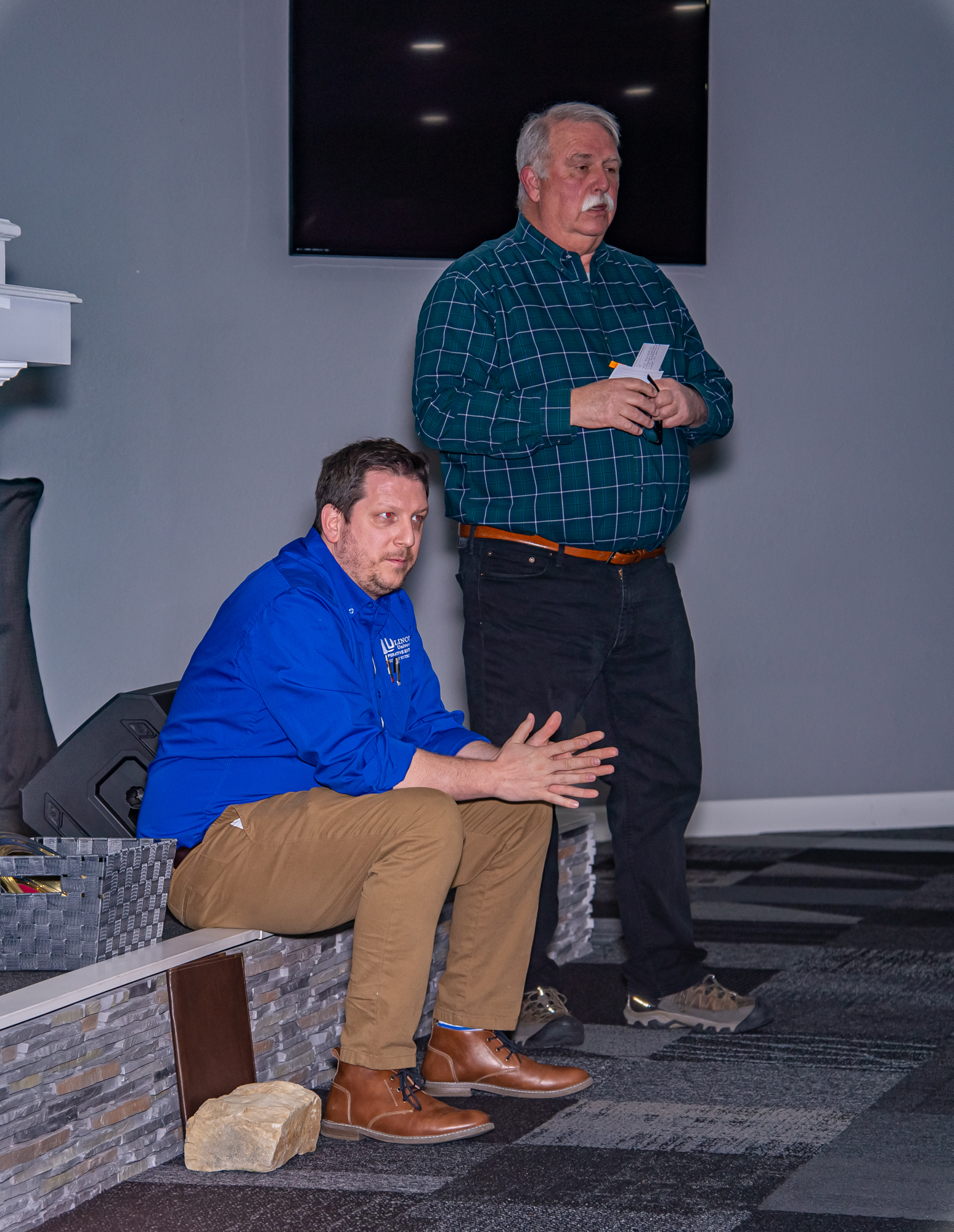Warm Springs Ranch, the home of the Budweiser Clydesdales, opens for the season March 25
The ranch is celebrating the birth of four new Clydesdale foals
Updated: 11:43 AM CDT Mar 24, 2023
It’s a family-favorite attraction and it’s just a short car ride away from Kansas City.Officials have announced Warm Springs Ranch, the home of the Budweiser Clydesdales, will open for the 2023 season on Saturday, March 25.The ranch, about a two-hour drive from Kansas City in Boonville, Missouri, has new experiences to offer this year, including four new Clydesdale foals born earlier this year. Officials said the adorable, but big, babies can be seen on a variety of tours at the ranch.“We’re excited to provide brand-new features and returning guest-favorite experiences for the 2023 season at Warm Springs Ranch,” said Amy Trout, herd supervisor at Warm Springs Ranch. “Whether you’ve been here before or new to the ranch, we provide one-of-a-kind experiences you will find nowhere else.” New for the 2023 season is also the “Build Your Own Clydesdale Party.” Officials said this event includes dinner, ice-cold beer for those 21 and older, and one-on-one time with one of the brand’s world-famous Clydesdales. Other options include photo ops, grooming lessons, a hitch-driver training experience, and more. Prices start at $1,000 per group of 15 people. Warm Springs Ranch sits on 300-plus acres in central Missouri and serves as the breeding farm for the commercial-famous Clydesdales. The ranch has a mare/stallion and foaling barn, an on-site veterinary lab, and 10 pastures that each have their own customized walk-in shelter.In all, more than 70 Clydesdales currently call Warm Springs home. Click here to learn more or to purchase tickets.
BOONVILLE, Mo. —
It’s a family-favorite attraction and it’s just a short car ride away from Kansas City.
Officials have announced Warm Springs Ranch, the home of the Budweiser Clydesdales, will open for the 2023 season on Saturday, March 25.
The ranch, about a two-hour drive from Kansas City in Boonville, Missouri, has new experiences to offer this year, including four new Clydesdale foals born earlier this year.
Officials said the adorable, but big, babies can be seen on a variety of tours at the ranch.
“We’re excited to provide brand-new features and returning guest-favorite experiences for the 2023 season at Warm Springs Ranch,” said Amy Trout, herd supervisor at Warm Springs Ranch. “Whether you’ve been here before or new to the ranch, we provide one-of-a-kind experiences you will find nowhere else.”
New for the 2023 season is also the “Build Your Own Clydesdale Party.” Officials said this event includes dinner, ice-cold beer for those 21 and older, and one-on-one time with one of the brand’s world-famous Clydesdales.
Other options include photo ops, grooming lessons, a hitch-driver training experience, and more. Prices start at $1,000 per group of 15 people.
Warm Springs Ranch sits on 300-plus acres in central Missouri and serves as the breeding farm for the commercial-famous Clydesdales. The ranch has a mare/stallion and foaling barn, an on-site veterinary lab, and 10 pastures that each have their own customized walk-in shelter.
In all, more than 70 Clydesdales currently call Warm Springs home.
Click here to learn more or to purchase tickets.

